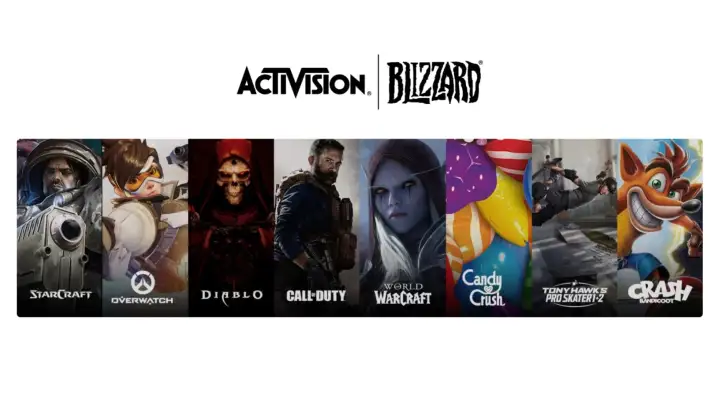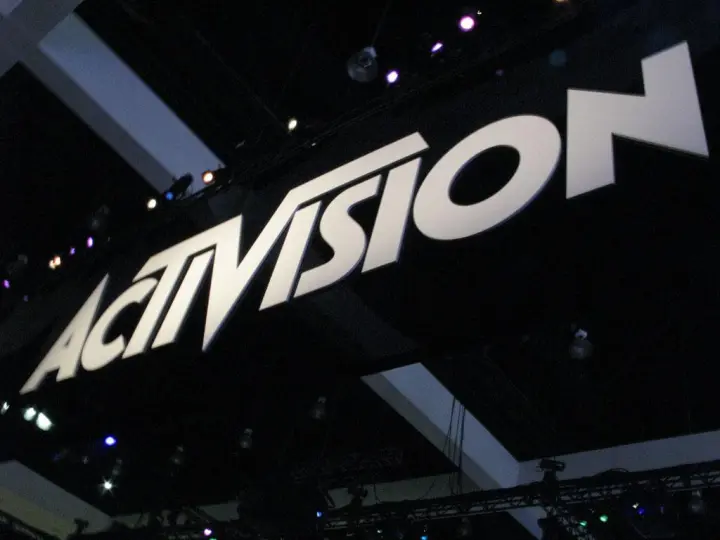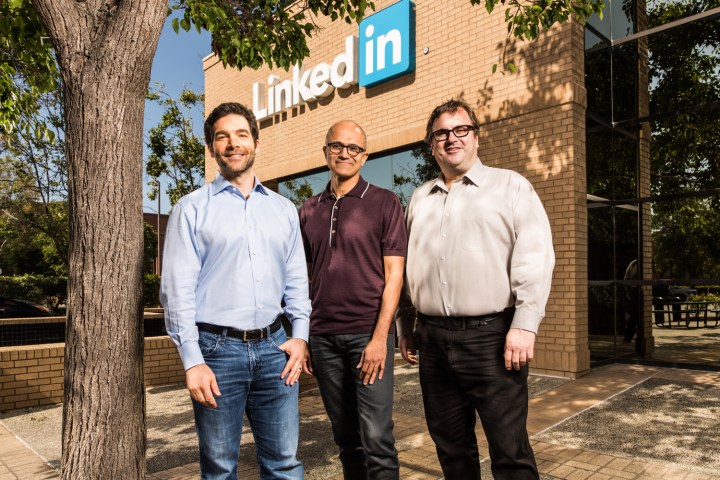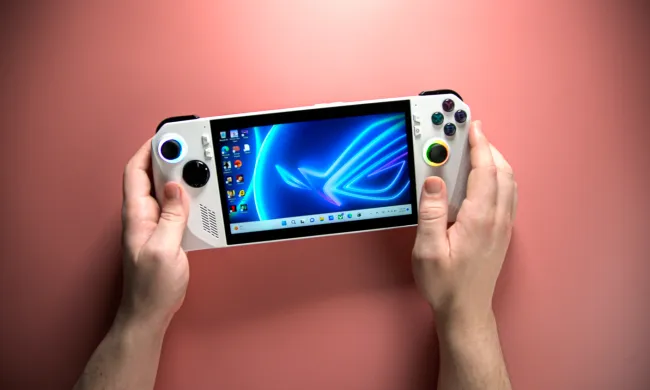On an unassuming Tuesday following a national holiday, Microsoft dropped a bombshell. And yes, this situation qualifies as a bombshell. Microsoft announced that it planned to purchase Activision Blizzard with cash for $68.7 billion — the largest cash acquisition ever.
That’s ever — period, not just for Microsoft, the gaming industry, or even tech companies as a whole. While everyone is still digesting the news, one question has popped up: Will the deal actually go through?
We have some recent historical context. There will be a lot of bumps over the next few years, and although the Microsoft and Activision Blizzard deal may eventually close, the companies have a long way to get there.
Will Microsoft be able to buy Activision Blizzard?

We don’t know right now. There isn’t a history of deals like this, neither for Microsoft nor Activision Blizzard, and it marks the largest purchase Microsoft has ever made. We can speculate, but the reality is that we won’t know if the acquisition will go through until the final papers are signed.
Right now, there’s a similar deal in limbo: Nvidia’s $40 billion purchase of chipmaker ARM. In the tech industry at least, this is the second-largest acquisition of the 2020s so far, only sitting behind Microsoft’s deal with Activision Blizzard.
The Nvidia deal has been passed around to regulators around the world for two years now, eventually climaxing in December 2021 when the Federal Trade Commission (FTC) sued Nvidia. Now, analysts project that the deal is dead.
Nvidia’s deal is worth $40 billion, while the Microsoft acquisition is worth $68.7 billion. So, case closed, right? Unfortunately, there’s more to the story than that.
For Nvidia and Arm, there’s a compelling argument that the deal could stifle competition and further consolidate the already narrow chip-making market. In the world of game development, even indie publishers like Devolver Digital have built businesses worth $1 billion or more. The competition is still thriving.

The argument for Nvidia and Arm doesn’t apply to Microsoft and Activision Blizzard. Unlike Nvidia, Microsoft doesn’t compete with Activision Blizzard’s customers. In games, at least, the deal checks out.
But the deal is about more than games. Microsoft made it clear that it also touches mobile and cloud, and the company said that it “provide[s] building blocks for the metaverse.”
That’s not to mention that this is an unprecedented acquisition. Reuters reports it’s the largest cash acquisition ever, not just in gaming or tech, and David Wagner, an analyst at Aptus Capital Advisors, said that it “will get a lot of looks from a regulatory standpoint.”
Looks are the problem. In the months leading up to Microsoft’s announcement, Activision Blizzard has faced some of the harshest scrutiny a company ever has, and with a landmark deal announced, that won’t change soon.
The public eye

In July 2021, the state of California sued Activision Blizzard following allegations of sexual harassment. In the months that followed, Activision Blizzard became a touchstone for the larger issues of discrimination and sexual harassment in the gaming industry, with the public eye drawing lawsuits, strikes, and calls for unionization.
The specifics of Activision Blizzard’s troubles over the past six months aren’t relevant for the deal — but the public scrutiny is. Microsoft’s $7 billion Bethesda acquisition brought cries of monopoly; this nearly $70 billion deal is already doing the same.
It doesn’t help that Activision Blizzard became a household name over the past six months. Most of the largest acquisitions take place in the dark, far away from public scrutiny or knowledge. Last year, BHP Group purchased its UK-based trading group for around $86 billion. Who’s BHP Group? That’s kind of the point.
The size of the deal matters, but adding the recently storied history of Activision Blizzard on top of that is sure to draw a lot of attention. Even if regulatory bodies were OK with the deal slipping by, the public outcry would force someone’s hand.
It’s a matter of when, not if. Although Microsoft already announced its plans, we likely have a long road of probes and possibly lawsuits before Microsoft and Activision Blizzard shake hands for the final time. We might not get that until 2024 or later.
Microsoft’s biggest deal to date
The purchase of Activision Blizzard is the largest deal Microsoft has made by a long shot. Mind, this isn’t the largest deal for the Xbox division or for Microsoft gaming; it’s the most money Microsoft has spent acquiring another company period.

The closest Microsoft has ever gotten is when it purchased LinkedIn in 2016 for $26.2 billion. You can dispel any notions about Microsoft not investing in Xbox as a business venture — based on the Activision Blizzard deal, it may be the company’s main focus.
It looks like a good investment, though. Although the public deal is mostly focused on Overwatch, Call of Duty, and the other billion-dollar franchises Activision Blizzard owns, it also has implications for other gaming sectors.
Activision Blizzard owns King, for example, who makes Candy Crush. And Activision Blizzard owns Major League Gaming with exclusive partnerships with platforms like Disney and YouTube. It’s about more than adding Activision Blizzard’s titles to Game Pass.

That might be a problem for the deal to close. With competitive sports, the metaverse, and mobile gaming all wrapped up in the deal, regulators may bring up antitrust issues. Microsoft’s acquisition of LinkedIn already brought a flurry of antitrust allegations. A deal worth three times as much is likely to do the same.
Caught in limbo

Microsoft says it plans for the deal to close in 2023, but that’s ignoring what will likely be many roadblocks along the way. As for if Microsoft can close, we don’t know right now. Analysts seem optimistic, though cautious, given the scrutiny from regulatory bodies around the world.
Deals like this don’t happen in tech normally. They’re usually reserved for massive oil and energy enterprises, food processors that fill up grocery store shelves, and chemical manufacturers that touch nearly everything.
We don’t know if the deal with Microsoft and Activision Blizzard will close, but one thing’s for sure: This isn’t the last time we’ll hear about it.




